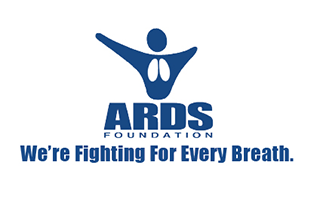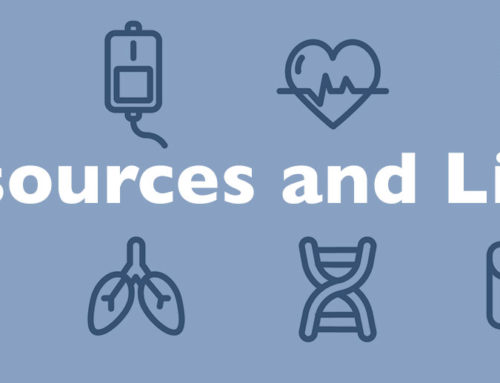Every day, 30,000 to 40,000 ICU patients in the United States are suffering from acute brain dysfunction called delirium. This problem is getting larger every year due to the aging of our population. Traditionally, this is called “ICU Psychosis,” and professionals have not thought it to be clinically significant. Using clinical tools designed and validated at Vanderbilt University, the ICU cognitive impairment study group has now shown that delirium is associated with a tripling of the risk of death within 6 months of ICU.
Even considering other factors such as age, severity of illness, duration of coma, and the use of psychoactive medications, every day spent in delirium by ICU patients was associated with a 10% higher risk of death and worse long-term cognitive function among survivors. Thousands of ICUs around the world are now implementing routine monitoring for delirium based on this work, which has been translated into 8 languages, and national guidelines have embraced delirium monitoring for the first time. Ongoing clinical trials are now exploring the safest and most effective ways to prevent and treat ICU delirium in hopes that such treatment will not only reduce delirium but also the high morbidity and mortality associated with it.
This website on ICU Cognitive Impairment and Delirium was developed for both lay readers and medical professionals. The goal of this website is to enhance awareness of and improved monitoring for brain dysfunction as an acute and chronic ailment that people suffer from when they develop critical illness. According to the National Research Council, “For many people in good physical condition who succumb to an acute illness, cognitive decline is the main threat to their ability to recover and enjoy their favorite activities and for those whose physical activities are already limited, cognitive decline is a major additional threat to quality of life.”
We know that acute lung injury (ALI) and acute respiratory distress syndrome (ARDS) patients are at great risk for multiple organ dysfunction syndrome (MODS), and that the brain is one of the most frequent organs involved in this process. Furthermore, both the lay public and health care professionals are becoming increasingly concerned not only with survival, but also with the quality of patients’ lives, which is determined in large measure by their neuropsychological outcomes. At 6 months following ALI/ARDS, the proportion of patients complaining of psychiatric, cognitive, and neurologic symptoms were 57%, 32%, and 44%, respectively. In our own studies and those of others recently, it has been determined that up to 80% of patients experience acute delirium in the ICU during their bout of ALI/ARDS.
We have shown that delirium in the ICU is associated with a 9 times higher likelihood of cognitive impairment at the time of hospital discharge. Lastly, 33% to 80% of survivors of ALI/ARDS have long-term cognitive impairment when studied with comprehensive tests. This sort of ongoing brain dysfunction can be akin to an acquired dementia of sorts. As the medical community strives to improve the outcomes of patients with ALI/ARDS, it is imperative that we begin to focus on the brain as an important organ that suffers great risk during the ICU stay and beyond. We hope that this website may be of service to you, your family, or your medical team. If we may be of help, please contact us through the website sources.
Sincerely, Wes Ely and team






